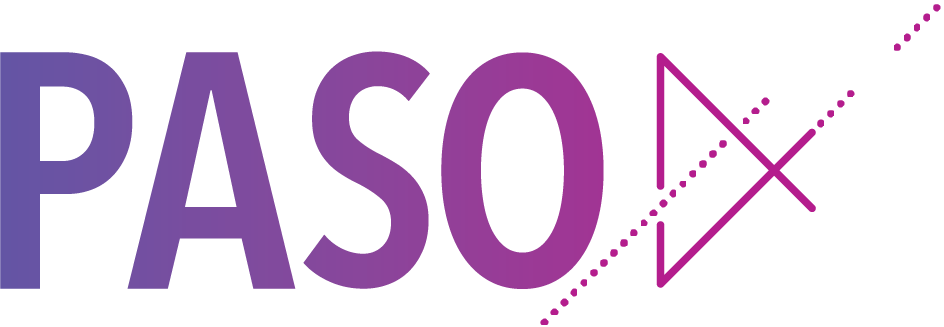Precision medicine for cancer patients now more accessible
Date: 21 April, 2022
Thanks to a significant donation from PASO Medical, Monash Health Pathology is now able to sequence chromosomes at a substantially larger scale.
Through the donation of funds to purchase a state-of-the-art Illumina NextSeq 55 genomic sequencer, people in the south-east of Melbourne will be able to have diagnostic genetic sequencing closer to home, followed by targeted treatment.
Dr Vivek Rathi is the Unit Head of Genetics and Molecular Pathology at Monash Health. He told Momentum that the basis of accessible sequencing technology was the success of a world-wide scientific effort that cost $10 billion.
“The Human Genome Project defined the DNA sequence of the entire human genome 19 years ago,” Vivek said.
“Fast forward to today and the Monash Health Pathology team can sequence an exome (the coding region of a genome) at the cost of about $1,000. That’s a remarkable decline in cost from $10 billion,” he said.
“With this generous donation from PASO Medical, we can also dramatically increase our scale of testing. Our smallermachine can run 15, 50 or 70 gene panels and the new machine can do 500 genes or even a full exome.”
With this additional genetic understanding comes the ability for the treating cancer specialist to find a drug that is personalised to an individual patient or enrol them in a relevant clinical trial. It also means that the Monash Health Pathology team can test the patient’s family members for the same genetic patterns or mutations. Then, armed with knowledge of their cancer risks, the family members can decide on their preferred course of preventative treatment.
Program Director of Monash Health Pathology Professor Beena Kumar expressed her thanks to Associate Professor Vinod Ganju, Medical Oncologist at PASO Medical.
“This donation will have a big impact in furthering clinical genomics and cutting-edge research at Monash Health. The gift is invaluable and will help more patients be diagnosed and treated locally within Monash Health in a timely and personal way,” said Beena.
Key definitions
Human genome: a person’s complete set of genetic information. It provides all the information our bodies need in order to function. The genome is stored in long molecules of DNA called chromosomes. There are 23 pairs of chromosomes in the human genome.
DNA: deoxyribonucleic acid – a long molecule that looks like a twisted ladder (a helix) made up of four types of simple units (bases). The order of these units carries genetic information.
Genetic or DNA sequencing: a laboratory technique to define the exact sequence of bases (A, C, G and T) in an individual’s DNA.
Precision medicine / personalised medicine: using an individual’s genetic information to help guide the healthcare team about genetic contributions to a patient’s health, susceptibility or resilience to disease, or their response to treatments.

